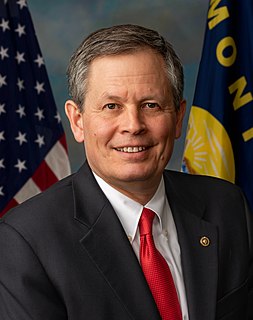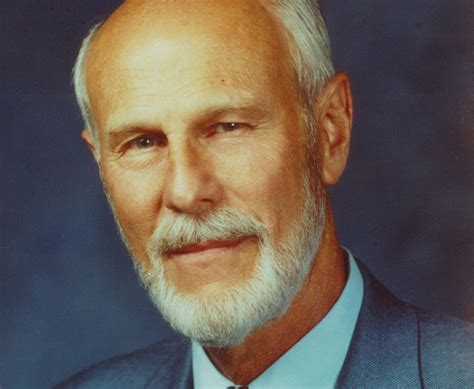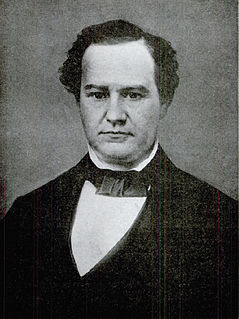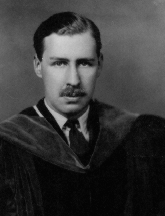A Quote by Karl Popper
Unlimited tolerance must lead to the disappearance of tolerance. If we extend unlimited tolerance even to those who are intolerant, if we are not prepared to defend a tolerant society, then the tolerant will be destroyed, and tolerance with them. We should therefore claim, in the name of tolerance, the right not to tolerate the intolerant.
Related Quotes
Tolerance is the last virtue of a depraved society. When an immoral society has blatantly and proudly violated all the commandments, it insists upon one last virtue, tolerance for its immorality. It will not tolerate condemnation of its perversions. It creates a whole new world in which only the intolerant critic of intolerable evil is evil.
Tolerance sounds like a virtue, and at times it may be. [But should] a parent be tolerant of behavior that is harming a child? Or the police be tolerant of criminals who prey upon others? Should doctors be tolerant of disease, or public schoolteachers tolerant of any answer on an exam, no matter how wrong?
Tolerance obviously requires a non-contentious manner of relating toward one another’s differences. But tolerance does not require abandoning one’s standards or one’s opinions on political or public policy choices. Tolerance is a way of reacting to diversity, not a command to insulate it from examination.
Tolerance can be exercised only by those who have well-grounded convictions (although it will not always be exercised even by them). For such people tolerance is an act of self-abnegation; although they are convinced that those who differ from them must be wrong, they nevertheless will protect their rights.
The antidote to hatred in the heart, the source of violence, is tolerance. Tolerance is an important virtue of bodhisattvas [enlightened heroes and heroines] - it enables you to refrain from reacting angrily to the harm inflicted on you by others. You could call this practice "inner disarmament," in that a well-developed tolerance makes you free from the compulsion to counterattack. For the same reason, we also call tolerance the "best armor," since it protects you from being conquered by hatred itself.
No one can learn tolerance in a climate of irresponsibility, which does not produce democracy. The act of tolerating requires a climate in which limits may be established, in which there are principles to be respected. That is why tolerance is not coexistence with the intolerable. Under an authoritarian regime, in which authority is abused, or a permissive one, in which freedom is not limited, one can hardly learn tolerance. Tolerance requires respect, discipline, and ethics.






































